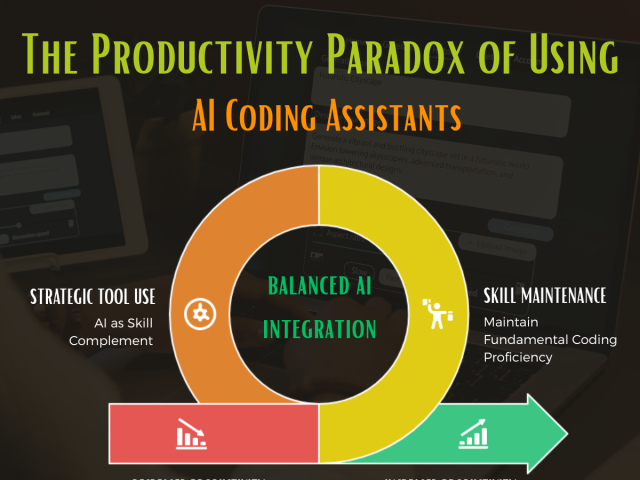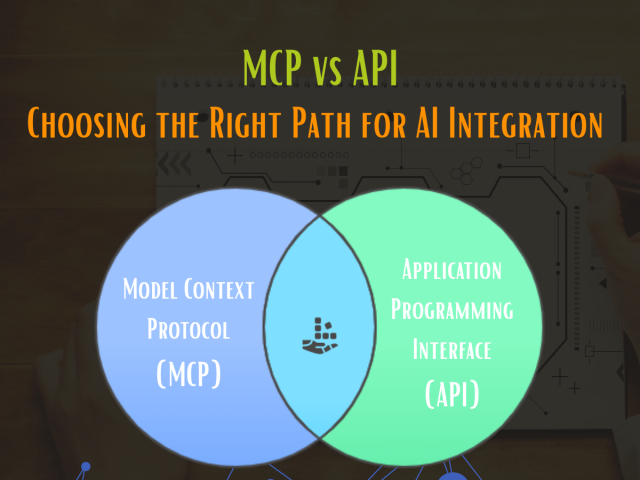Advanced Analytics – A Boon for Insurance Providers Business intelligence belong to wide array of tools, technologies, practices and programs which are used to measure, analyze, collect and present raw information to gain insightful business outcome. BI industry offers various techniques that makes it easy to handle day-to-day business challenges such as – Prepare data for analysis, Gather data from various internal and external sources, Design and run enquiries against the collected data, Produce reviews, etc. You can also apply business intelligence to: Minimize costs, Explore new business avenues, Curb ineffective business methodologies. In recent years, there has been trend to invest huge amount to upgrade insurance business intelligence & analytics. Yet, research findings still suggest that several insurance providers lack to project the bigger picture due to issues with their approach to data. When we discuss business intelligence, we often talk about product centric businesses. These are companies with actual, tangible goods and they usually offer best examples for the prosperous execution of business intelligence solutions. If you have a physical product, it enables you to gauge how analytics can be applied at various stages of the business. This can be from production, supply chain to sales. The advantage of business intelligence is not only limited to product centric businesses; they can be recognized by any industry. After all, the main objective of any business is to lessen the cost, increase sales and enhance profitability. Nowadays, the insurance industry has witnessed increasing importance of BI Solutions. Insurance industry being highly competitive, they need better acumen to achieve an all-inclusive view of enterprise performance. In order to achieve higher goals in terms of profit, it is vital that everyone must be able to make the finest decisions. But this can be possible only with the help of correct and accurate data. To get total benefit from the business intelligence or to improve the ROI, it is of utmost importance that insurance providers or companies provide the correct information in a timely manner. This not only help employees to resolve complex issues, but also react swiftly to market requirements and trends to drive efficiency across the business. In an industry which is highly unpredictable, BI can help you to project changes in the business and market. The main challenge for the insurance company is not the data but its storage. The insurance companies have collated large volume of data about every aspect of their business such as – policies, policyholder details, claim histories, etc. But the problem is, this data is stored somewhere else. Meaning, it often tedious to locate, then extract. Usually, insurance companies have their data stored in various systems like – ERPs and CRMs, claim management software, risk management information systems, etc. Now, the biggest challenge with this data is collation and converting it into something from which the end user can simplify.

Application of BI across the insurance business In order to achieve the proper benefits of business intelligence, it is very important to offer access to these tools and promote its usage across the insurance company. In this respect, self-service business intelligence for business intelligence can prove transformational by offering the users the ability to create and manage their own reports effortlessly without any technical expertise. These tools are designed to enable users, providing a vigorous and user friendly reporting solution. Sales Performance or Productivity: Those days are gone when sales job was done by visiting door-to-door. But now insurance companies leverage sales activity effectively and smartly. This automatically saves lot of time and effort involved in identifying leads. Thus, enhancing sales productivity of insurance agents. Personalized Marketing: The gimmick of personalized marketing lies in “personalized offers” for customers. Personalized offers create massive confidence in customers. Advanced analytics has enabled insurance industry to create and carry personalized marketing programs for their customers. By analyzing overall buying trend, investment interests, health status, market trend, etc. insurers design their personalized policies, reach out to the customers on right time through various channels. Business intelligence has also proven profitable to run customized campaigns to cater the needs of their existing customers. Improved Underwriting: Underwriting is a crucial part of the insurance industry. The job of a underwriter is to gauge the risk of the insurer. Based on various parameters like age, income, vehicle used, property assets, location, etc. the insurance cover and the premium eligible is calculated. Underwriting analytics tools enables to gain a clear picture of the client to predict credit scores and measures risk per policy ratio. Speedy Claims Management: When an insurance claim is filed, it has to undergo a defined claims settlement process. The insurer clears the claim depending upon the predefined merits and then the claim is settled. However, usually the insurer expects that claim must be settled at faster rate. Thanks to the analytics which enables to settle and validate the claim much quicker, lesser grievances, and improvised satisfaction. By scrutinizing claims and claim histories, insurers can perform instant payouts. Fraud Management and Detection: In the insurance industry, fraud is a common expectation. Fraudulent cases lead to financial losses to the insurers, affect customer relationship, and blemish the market identity. To overcome such fraudulent cases, insurance companies need strong fraud management and detection system. Predictive analytics has helped to a larger extent to alleviate the risk by predicting a potential fraud with the help of BI tools. It enables the insurance companies process claims after cross checking with the client provided history. Customer Service: By 2020, I Chatbots will effectively handle around 85% customer service interactions. Precisely, AI can be helpful to address customer queries because it can serve large volume of customers simultaneously across varied devices. Chatbots will be a boon for most of the insurance companies who want to streamline their customer care services and sales part. Overcoming above challenges by following the right data analytics solution will surely offer a carrier the leverage to understand constant changing market requirements, make robust business decisions, and manage risks. Final Thoughts …. In coming years, Analytics and big data are supposed to have a huge impact on the insurance industry. However, new methodologies used can supplement a company’s digital strategy and aid in decision making. Insurance companies, institutions, who have embraced data and new analytics will observe guaranteed returns and increased efficiency. Above all, a strict data governance policy is a need of an hour to ensure adherence to processes. The most important challenge insurance companies is facing is preparing for and adapting to the changing regulatory and compliance demands. Insurers should come up with a strategy that will offer satisfactory ROI from their regulatory and compliance efforts. There is a need of new solutions to provide visibility into financial investment and financial data. In today’s mad rat race competition, technology-based environment, there are few businesses which can survive without BI implementation. If you want scale up your business, it is inevitable to invest wisely in analytics that delivers real-time picture on profit margin, productivity and management of your business. The future of BI is superb and what can it offer in the coming years? More Insight and self-service, Collaborative BI, Network Breakthroughs, and Progressively integrated BI systems.




